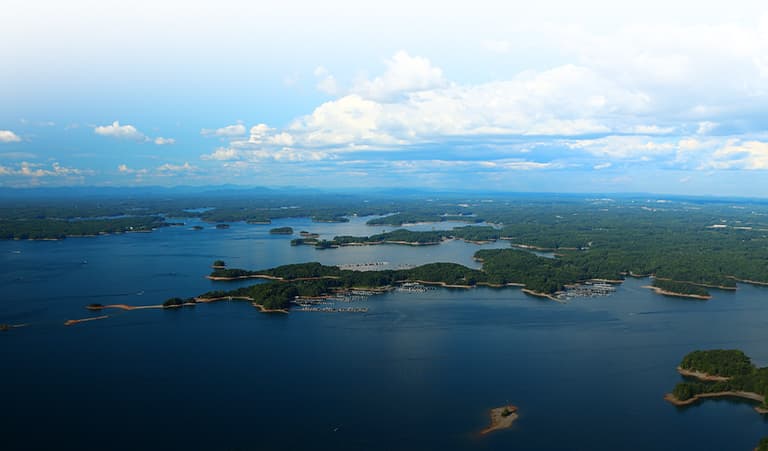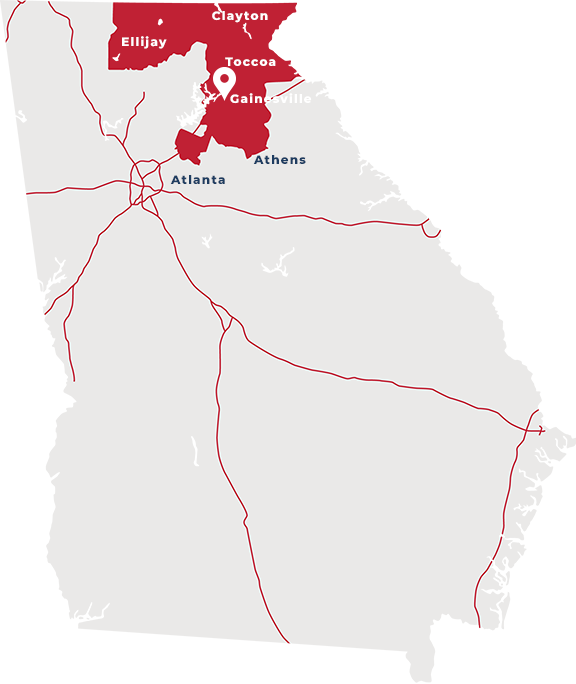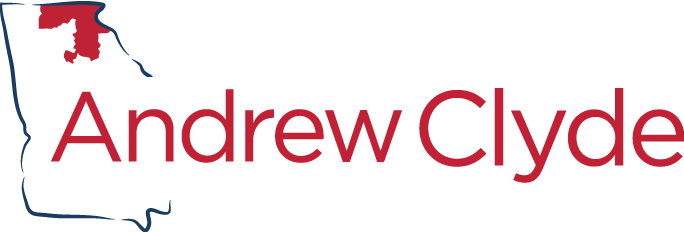|
WASHINGTON, D.C. — Today, Congressmen Andrew Clyde (GA-09) and Rich McCormick (GA-07) introduced the Lanier Parks Local Access Act to allow local partners that manage multiple recreation sites at a U.S. Army Corps of Engineers (USACE) civil works project to use collected user fees across all sites they oversee at that project, rather than being limited to spending the fees only at the specific site where the funds were collected. Both Members represent and serve portions of Lake Lanier.
Constructed by the USACE in the 1950s, Lake Lanier has 76 recreational areas, including 37 Corps-operated parks and campgrounds, 10 marinas, and the Lake Lanier Islands. The remaining sites are leased to local governments or other organizations.
“I’ve long fought to protect Lake Lanier, including against misguided efforts to rename the lake as well as recent temporary closures of parks and boat ramps,” said Clyde. “Expanding local governments’ authority over user fees provides a strong incentive for cities and counties to lease recreational sites from the U.S. Army Corps of Engineers, therefore ensuring more areas remain open. I’m confident that my legislation offers a simple yet effective solution to help keep Lake Lanier parks open, safe, and well-maintained for residents and visitors alike.”
“I’m proud to join Rep. Clyde in supporting the Lanier Parks Local Access Act, a commonsense piece of legislation that empowers local governments with the flexibility they need to effectively manage and maintain public recreation sites,” said McCormick. “This bill ensures that user fees work smarter, not harder, to keep our parks accessible, safe, and clean. I’m grateful for the opportunity to work alongside Rep. Clyde to support strong community spaces for families and visitors to enjoy!”
Bill text of the Lanier Parks Local Access Act is available HERE.
Background
Due to staffing shortages, the U.S. Army Corps of Engineers has been unable to keep all its recreation sites on Lake Lanier open and well-maintained. While some parks have reopened in recent weeks due to Reps. Clyde and McCormick’s efforts, the two partnered on legislation to provide a permanent solution to help keep these sites open and avoid additional closures in the future.
Current law enables local governments to keep user fees they collect, but only if the funds are used at the same park where they were collected. This creates issues for day use parks that don’t charge fees. Therefore, local governments are less likely to manage these sites given there are no funds available to support their upkeep.
The Lanier Parks Local Access Act fixes this problem by allowing local partners to use collected fees for any park or facility within the project site. This solution provides local governments with more flexibility to keep all public recreation sites open, safe, and clean — regardless of whether the area charges fees.
While the legislation delivers this commonsense solution to any local government managing recreation sites or facilities located at a USACE-operated civil works project, the bill bears Lake Lanier’s name given the tremendous impact it would have on the lake and surrounding communities. Reps. Clyde and McCormick both represent portions of Lake Lanier, which is the most-visited U.S. Army Corps of Engineers project.
|






